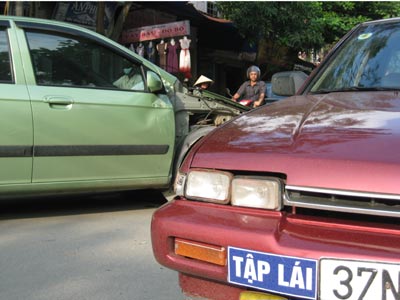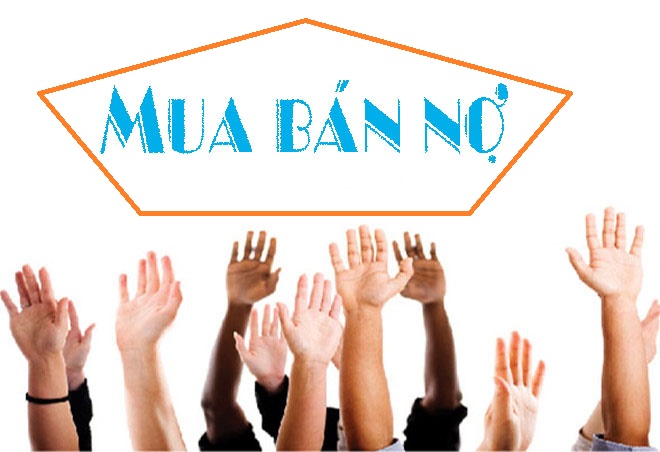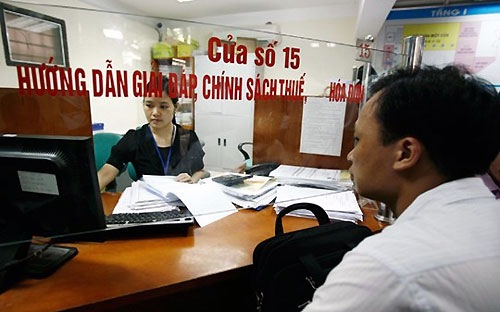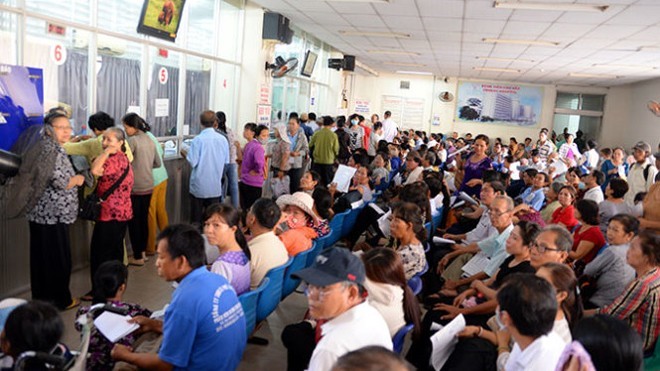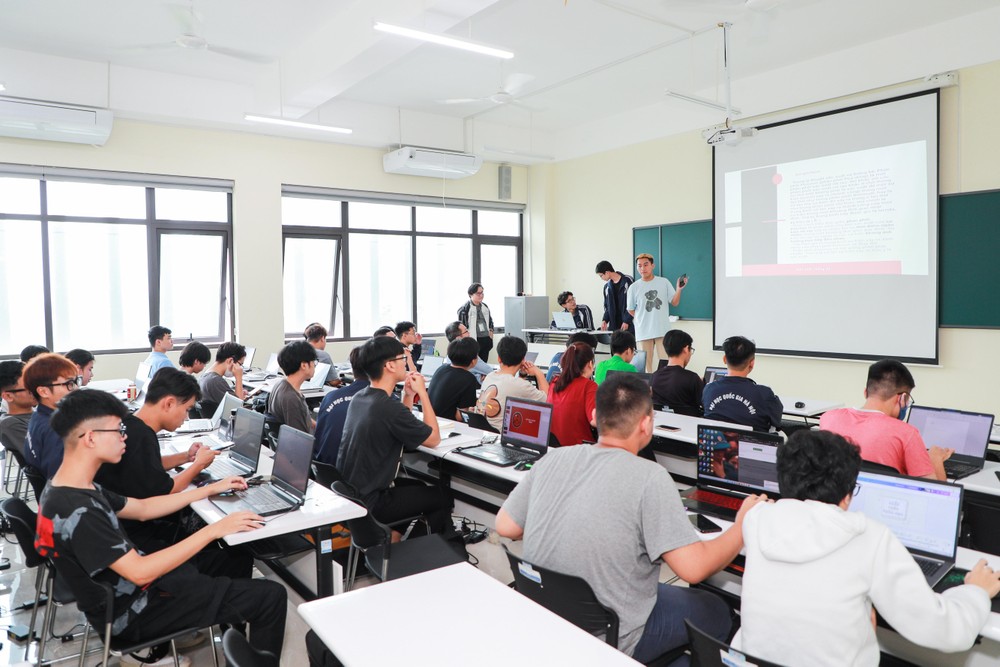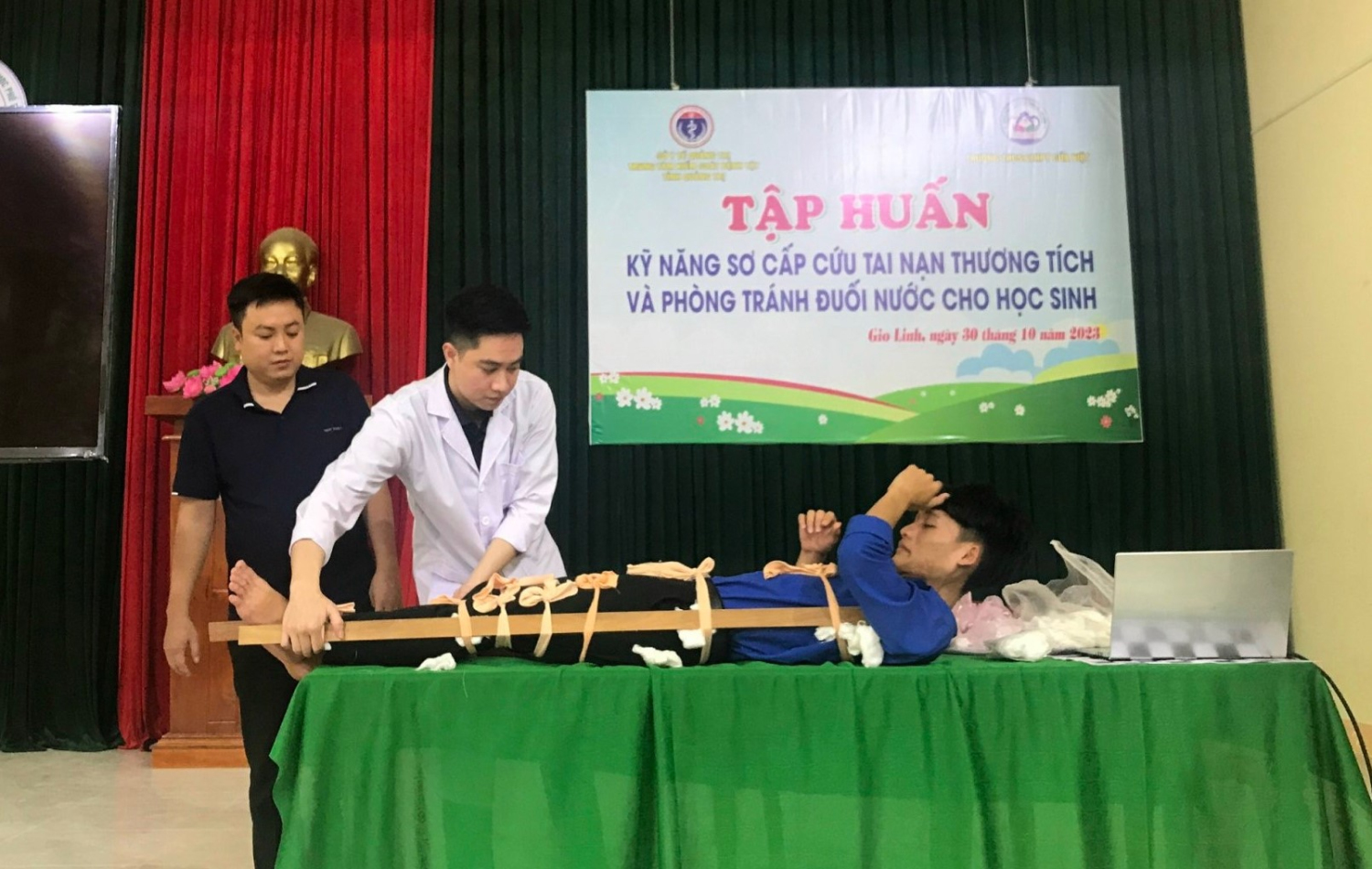To ensure the regulations on damage compensation related to unfair competition practices in general and illicit multi-level marketing in particular are implemented in practice, there are many legal issues that need to be guided and explained by the competent authorities, especially from the Supreme People's Court, the Supreme People's Procuracy, and the Ministry of Industry and Trade of Vietnam.
In Vietnam, multi-level marketing (MLM) is a new concept that was first officially recognized in the Competition Law 2004. Previously, this type of business was often referred to as “multi-level direct selling,” “network marketing,” or “multi-tier marketing.” Globally, this method is commonly known as “multi-level marketing” (MLM). This is a product distribution method created by American chemist Karl Ranborg (1887-1973) between 1927 and 1934.
The Competition Law 2004 does not directly define what MLM is but instead provides conditions to determine if it is “legitimate” or “illegitimate,” thereby determining the legality of this sales activity. If MLM activities meet the conditions specified in Clause 11 Article 3 of the Competition Law, traders may use this strategy for their business, and the State will protect those activities.
What is multi-level marketing according to the law in Vietnam?
According to Clause 11 Article 3 of the Competition Law and Clause 1 Article 3 Decree 40/2018/ND-CP dated March 12, 2018, of the Government of Vietnam on the management of MLM activities (Decree 40/2018/ND-CP), effective from May 2, 2018, it is regulated that: MLM is a business activity that utilizes a network of participants at multiple levels and branches, wherein participants earn commissions, bonuses, and other economic benefits from their own sales results and those of others in the network. Goods marketed and sold by MLM participants are directly to consumers at their residence, workplace, or other locations that are not regular retail outlets of the enterprise or participant.
In other words, MLM is understood as a method of retail marketing of goods. According to Article 4 of Decree 40/2018/ND-CP, all MLM activities involving non-goods are prohibited unless otherwise stated by law. Clause 2 of this Article stipulates that the following goods are not allowed to be sold through MLM:
- Medicines; medical devices; veterinary drugs (including aquaculture veterinary drugs); plant protection drugs; restricted and banned chemicals and sterilizing agents in domestic and medical fields, and dangerous chemicals;
- Digital content products.
Therefore, businesses engaging in MLM must meet the following requirements:
- Marketing for retailing goods is conducted through a network of MLM participants involving multiple levels and branches;
- Goods are marketed and sold directly by MLM participants to consumers at their residence, workplace, or other locations that are not regular retail outlets of the enterprise or participant;
- MLM participants earn commissions, bonuses, or other economic benefits from their marketing and sales results and those of their lower-level participants they organize, accepted by the MLM business.
Examining the above regulations, MLM can be identified with the following distinctive signs:
First, MLM is a method of retail marketing of goods
This sign is evident in two aspects:
Firstly, it is a retailing method of goods. Through a marketing network, an MLM business can establish direct sales relationships with end consumers without investing in, maintaining a network of distribution outlets, or commercial agents under commercial law. Moreover, consumers can buy products directly from the source, avoiding risks such as fake goods, low-quality products, and dishonest prices. Therefore, an MLM business can be a company directly producing the goods marketed and retailed via MLM or a company distributing goods produced by another business.
Secondly, MLM only occurs in the goods market. The provision in Points b and c Clause 11 Article 3 of the Competition Law and Clause 1 Article 4 of Decree 40/2018/ND-CP specifies that the application target is goods and not services due to the intangible nature of services. The service market still has many open issues under research by policymakers and legislators. Moreover, as MLM is understood as a marketing method for consuming, applying this to the service market is not MLM. Thus, negative manifestations in insurance marketing networks currently popular in the market are not MLM and do not fall under the jurisdiction of Article 48 of the Competition Law.
Second, an MLM business markets goods through participants organized at multiple levels
MLM participants are essentially collaborators in marketing and retailing goods for the business, even if referred to as agents or independent distributors. In their activities, participants introduce and sell goods directly to consumers, not representing the business. Thus, the business does not directly establish consumer relationships but operates through a participant network, making them independent in customer relations. Additionally, MLM participants are not employees of the business, so the business is not responsible for their actions before consumers. The business's responsibility is limited to the product quality and related information they provide.
Also, when joining the MLM network, participants are neither agents under the Commercial Law nor retail stores of the business. The Competition Law states participants market goods at consumers' residences, workplaces, or other non-regular retail locations of the business or participant (Point b Clause 11 Article 3). Participants meet consumers directly to introduce and retail products, without needing a business registration for MLM participation.
Furthermore, participants are organized into different levels such that each participant organizes a new distribution network upon business approval. The new network forms a subsequent distribution level from the preceding one, creating a pyramid-like distribution system. Internally, upper-level participants organize and manage lower-level activities.
Third, participants earn commissions, bonuses, and other economic benefits from their and others' sales results within their organized network
This method not only motivates participants to actively sell goods but also encourages them to organize effective lower-level distribution systems. MLM can offer tangible benefits to consumers by allowing direct purchases from manufacturers, thus avoiding fake or low-quality products. For businesses, MLM saves advertising costs and reduces other expenses such as exhibition and transportation costs, while the distribution network facilitates effective direct marketing. Additionally, MLM creates numerous job opportunities as the method involves unlimited participant numbers.
Unhealthy MLM practices according to the law in Vietnam
MLM activities are under competition law scrutiny when showing unhealthy signs. With several MLM companies' detrimental societal impacts recently, the following views have emerged:
First view: The State should ban MLM as it has numerous flaws and adverse economic, social consequences evident from past market events.
Second view: Examining MLM in terms of state management responsibilities, MLM is merely a business consumption method, thus requiring stringent, reasonable legal controls ensuring effectiveness and curbing shortcomings. However, opinions on the legal framework vary. Some suggest viewing MLM as a commercial act under commercial law.
However, experiences from various countries and recent domestic practices show that MLM is not a business activity but a product consumption organization method. Thus, it should not be considered a commercial act like advertising, promotion, agency, or commercial representation. Others advocate for a specific legal document regulating MLM state management, addressing unhealthy practices through competition law. Proponents argue that MLM systems establish networks for marketing and consuming goods, and businesses choose MLM to create competitive market positions. Hence, competition theory views MLM as a competitive business tactic. When establishing or operating an MLM network with intentions of creating a pseudo network, infringing on participant, consumer, and other business rights, competition law deems it unhealthy, requiring prohibition and punishment. Competition law intervenes to maintain market order and fairness. Various countries regulate certain MLM activities under competition law, such as Taiwan’s Fair Trade Act and Canada’s Competition Act.
According to Article 48 of Vietnam's Competition Law, MLM is considered illegitimate when satisfying the following conditions:
Necessary condition: Engaging in actions such as: requiring participants to deposit or buy an initial quantity of goods or pay a fee to join the MLM network; not committing to repurchasing at least 90% of the goods sold to participants; allowing participants to earn commissions or other benefits primarily from recruiting new members; providing false information about the benefits of joining the MLM network or misleading product information to entice others to join.
Sufficient condition: Aiming to gain illegitimate profits through recruiting participants.
Characteristics of Unlawful MLM in Vietnam
Illegitimate MLM involves capital appropriation
Participants must pay or deposit to join the MLM network. The funds obtained from these unjust obligations imposed on participants are the illicit capital appropriated by the MLM business. For example, at Everrichs Global Company seminars, advisers claimed customers only need to buy internal documents and company products to become distributors, have codes, earn points and prize packages up to billions. Specifically, those wishing to be distributors must buy a 160,000 VND document set and a 7,900,000 VND product package. To advance further, distributors must buy packages worth 23,700,000 VND to 79,000,000 VND. Everrichs Global (Vietnam Aspiration) marketed functional foods promoting health, beauty, and sexual performance, such as Nrid’s Nest Plus bird nests, TheoMax beverage (cocoa, ginseng, lingzhi), Pridi Gold weight management supplements, among others.
Illegitimate MLM reflects the strategy of stockpiling goods for participants
Under Competition Law, stockpiling occurs through actions: MLM businesses requiring initial goods purchase for network participation or not committing to repurchasing at least 90% of sold goods to participants.
Illegitimate MLM focuses on recruiting participants
Traditional MLM systems reward participants with commissions and other benefits from their and their lower-level’s marketing results. This incentivizes participants to actively market and sell products while building efficient distribution networks.
Illegitimate MLM is deceptive
False information serves purposes such as:
- Enticing others by appealing to human greed through promised benefits for joining;
- Boosting product sales with misleading information, causing participants to mislead consumers about product qualities, jeopardizing credibility and societal interests, especially with substandard products.
International legal experiences on illicit MLM in Vietnam
United States: MLM and anti-pyramid scheme laws are integral to consumer protection laws. US authorities analyze and evaluate MLM’s legality using these indicators:
Firstly, analyzing the business program in a static state to determine if commissions are paid for actual product sales or for recruiting new members.
Secondly, analyzing the business program in a dynamic state to see if participants spend more time recruiting than selling. If most time is spent recruiting, it may be considered a pyramid scheme.Canada: Multi-level marketing (MLM) is recognized in Article 55 of the Canada Competition Act in the form of a prohibition on pyramid selling. Canadian law distinguishes legitimate multi-level marketing from pyramid selling based on the business methods of the enterprise. The goal of a pyramid scheme is to take money from participants and use those participants to recruit others who may be easily deceived. Legitimate multi-level marketing has six distinguishing features from pyramid schemes:
Firstly, a legitimate MLM enterprise provides the market with real goods and services, meaning that the enterprise's products must be tangible, usable, and the MLM method is used to sell these products rather than using the products to keep the MLM system running.
Secondly, if announcing participants' income, a legitimate MLM company must disclose the typical income of a participant and the percentage of participants earning that income.
Thirdly, a legitimate MLM company does not charge any fees for joining or pay recruitment fees to distributors.
Fourthly, a legitimate MLM company does not require new participants to purchase company products to join the MLM network.
Fifthly, a legitimate MLM company does not sell excessive quantities of products to distributors if it knows they cannot sell all the products.
Sixthly, a legitimate MLM company has a fair and reasonable buy-back policy for products sold to distributors within a reasonable period.
However, in determining the "sufficient condition" criteria to conclude the illegitimacy of a violation, our national law bases the conclusion on the intent to gain illicit profits from the violation, but it has not clearly defined what such intent entails in the context of recruiting participants into an MLM network. According to the author, it is essential to clarify the intent of illicit profit. The goal of profit is a subjective category; if considered one of the legal bases (necessary and sufficient conditions) to conclude whether there is a violation, the law needs to provide specific, clear, objective, and consistent legal signs. Otherwise, law enforcement officers' presumptions when concluding the intent of the act may distort the law's effectiveness and easily create arbitrariness in applying the law. Is it necessary that the illicit profit has been achieved? The Competition Act only uses the phrase "prohibit the following acts aimed at gaining illicit profits from recruiting participants into a multi-level marketing network." If it is required that the profit has been achieved, the case investigator must precisely and specifically determine the illegitimate gains the enterprise obtained from the illicit act. Conversely, if the intent hasn't been fulfilled but is regarded as the business's intention or desire when acting, the law must have a factual basis to conclude the purpose of the act since the intention exists only in the violator’s subjective will.
Moreover, the Competition Act has not defined whether the illicit profits the enterprise seeks are material or non-material benefits. Considering the violations listed in Article 48, in some cases, the MLM enterprises spend money when committing the violation, for example, giving participants commissions, bonuses, and other material benefits mainly from luring others into the MLM network. Therefore, identifying the illicit profits as material benefits is not straightforward. According to the Vietnamese Dictionary (Danang Publishing House - Center for Lexicography, 1998, p. 47), "illicit" is understood as contrary to morality, not legitimate. Determining the immoral and illegitimate nature of the benefits requires considering their origin. Meaning, one must answer the question: From where can the enterprise gain such benefits?
Recommendations
First, there needs to be regulations on transparency concerning products sold through the MLM method and clearly define the specific responsibilities of each involved party in creating and disseminating information, including the enterprise and participants; this involves focusing on the obligation to warranty products provided by MLM enterprises to consumers.
MLM enterprises in Vietnam today mainly distribute products manufactured abroad. In other words, foreign companies produce the products, organize the MLM network, and conduct MLM sales through domestic companies. Typically, domestic companies sign exclusive distribution contracts with foreign companies and establish the MLM network under the guidance of foreign experts sent by the manufacturing company. This organizational method allows foreign manufacturers to avoid all responsibilities for product quality when sold and other responsibilities concerning the MLM network. Additionally, the independent activity nature of participants raises issues for determining responsibility. In MLM, participants independently market and retail products. The end consumers only know the person who directly introduced and sold the product to them, who is the participant. Consequently, shifting responsibility between participants and MLM enterprises easily occurs. Therefore, there is indeed a basis for requiring regulations on transparency concerning products sold through the MLM method and clearly defining the specific responsibilities of each involved party, focusing on the obligation to warranty products provided by MLM enterprises to consumers.
Second, ensure consistency regarding regulations on illicit MLM practices among various legal documents.
Clause 3, Article 48 of the Competition Act prohibits MLM enterprises from "giving participants commissions, bonuses, or other economic benefits mainly for luring others into the MLM network;" clause 1, Article 5 of Decree 40/2018/ND-CP prohibits "giving MLM participants money or other economic benefits for introducing others into MLM activities not based on the purchase and sale of goods by the introduced individual."
The regulations in these two documents reveal inconsistency and will undoubtedly lead to discrepancies in application. However, considering legal effectiveness, the Competition Act has higher legal validity than Decree 40/2018/ND-CP, so in cases of conflict, the provisions in the Competition Act will take precedence.
Nevertheless, from a practical perspective, defining what constitutes an act of "luring" is very difficult, requiring quantitative rules to ensure consistent application. No one can definitively determine whether a distributor introducing the benefits of joining the MLM network to a potential participant is luring them into the network. Furthermore, a distinguishing feature of MLM is that distributors are entitled to commissions from the product sales results of their lower distribution network, so any prospective participant promises benefits to the introducing distributor. Moreover, in reality, while not coerced, new joiners typically purchase some products to try out, immediately earning commissions for their sponsor from those products. Therefore, one can only affirm that the reward method of illicit MLM differs from legitimate MLM in that the former allows participants to derive economic benefits mainly from recruiting others rather than from selling products to actual consumers. Additionally, determining whether participants are forced to buy products to become distributors is very tricky, as the company usually "blames" this on the distribution network's self-pressure (previous distributors pressuring their network), not the company's policy.
Third, improve the regulations governing compensation for damages caused by illicit MLM practices.
For the regulations on compensation for damages related to unfair competition acts in general, and illicit MLM in particular, to be implemented in practice, many legal issues need to be clarified and explained by competent agencies, especially the Supreme People's Court, the Supreme People's Procuracy, and the Ministry of Industry and Trade. The following issues require attention:
Firstly, who has the right to file a lawsuit demanding compensation for damages caused by illicit MLM practices. According to the general principle, anyone harmed by an unfair competition act has the right to claim compensation. However, illicit MLM can harm various entities, causing both direct and indirect damages. Practically, those primarily directly harmed are the "distributors," while consumers, often also "distributors," suffer indirect damages. Thus, the law needs clearer regulations on the right of claim by the harmed entities.
From the perspective of consumer protection, based on experiences from countries with modern competition laws, to facilitate consumer self-protection and mobilize society to protect consumers actively, the professionalism of consumer protection work by consumer protection associations must be increased. Additionally, a collective lawsuit mechanism by consumers against a product or group of products from a business should be recognized for the following reasons:
- A collective lawsuit mechanism through consumer protection organizations will give consumers considerable leverage during negotiations with the business (manufacturers). Should the dispute go to court, this mechanism facilitates the formation of compensation methods and levels in each consumption field.
- A collective lawsuit mechanism through consumer protection organizations allows consumers to access justice quickly and eliminate legal barriers in protecting their rights.
- A collective lawsuit mechanism through consumer protection organizations ensures consumers do not bear exorbitant costs to access justice. As sponsors, consumer protection organizations can assist them through various support methods and mechanisms such as free testing at the organization's inspection centers, financial assistance on a reimbursement basis, consulting support, etc.
Fourth, improve the regulations regarding administrative complaints against decisions handling unfair competition cases.
Clause 1, Article 115 of the Competition Act stipulates: "If there is a disagreement with the decision to resolve the complaint about the decision to handle an unfair competition case, the concerned parties have the right to file an administrative lawsuit against a part or the entire content of the decision on complaint resolution at the People's Court of the province or centrally-run city with jurisdiction." According to clause 3, Article 30 of the Administrative Procedure Law 2015, the court has the authority to adjudicate: “Complaints regarding the decision to resolve the complaint about the handling of an unfair competition case." The court resolves the complaint according to administrative procedural law. The issue is whether the court will review the entire case from the beginning, including both the content and procedures applied by the competition authorities, or only consider the form. This needs specific guidelines from the Judicial Council of the Supreme People's Court, especially coordination mechanisms between competition management agencies and the court in reviewing and resolving complaints.
Ths. Le Van Sua
Source: Environmental and Social Journal
 Article table of contents
Article table of contents
